Social Transformation
Finding the Path to Change
Scientific insights and menus of solutions are of little value if people can’t understand or won’t deploy them. Drawing on methods and insights from the social and behavioral sciences, arts, and humanities, the Social Transformation center seeks applied insights about how people think, what they believe, and how they ultimately behave.
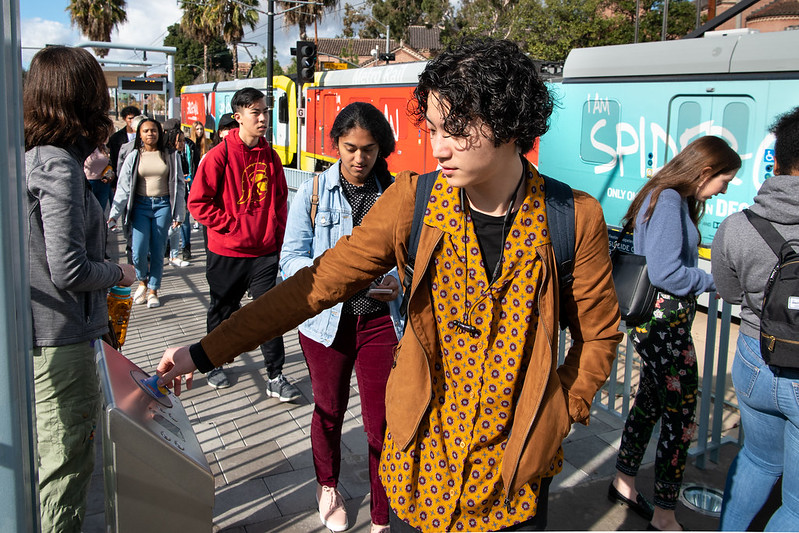
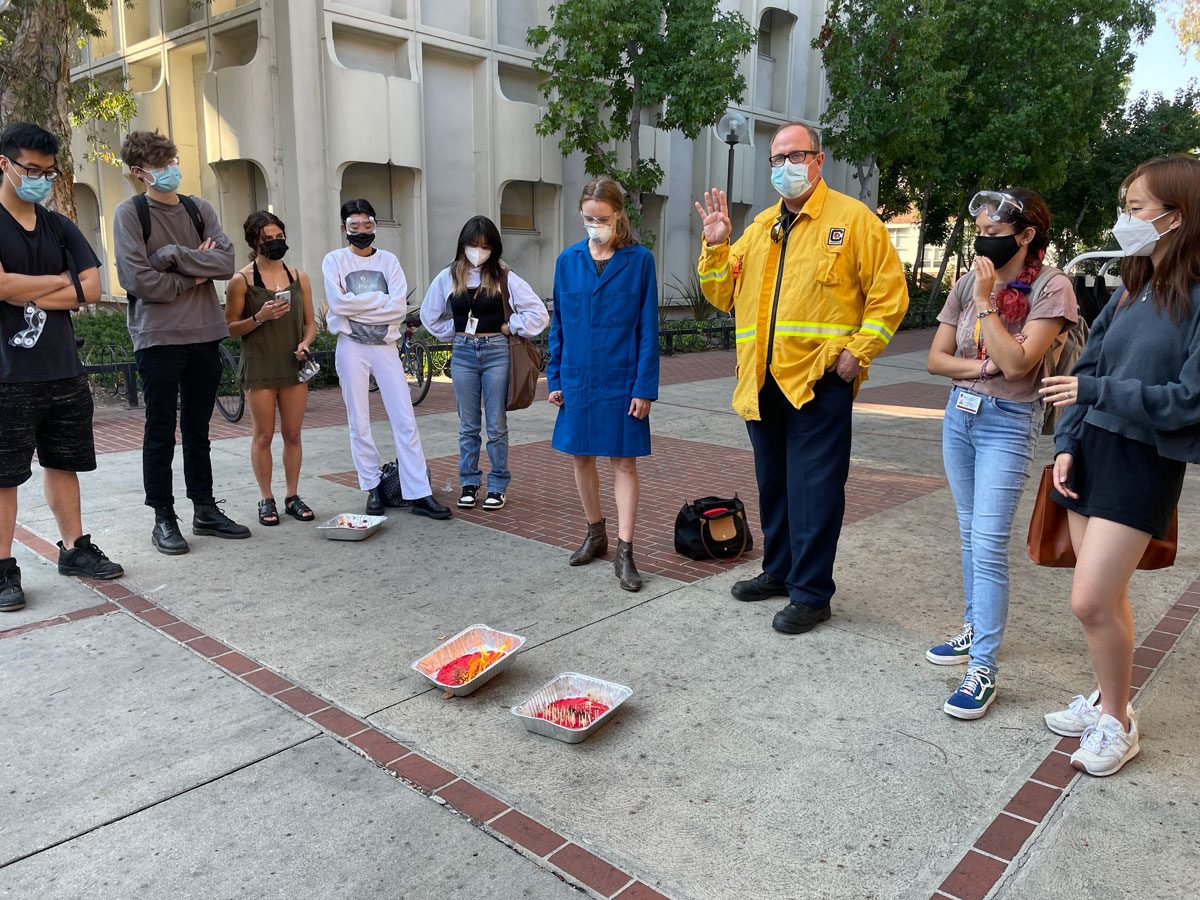
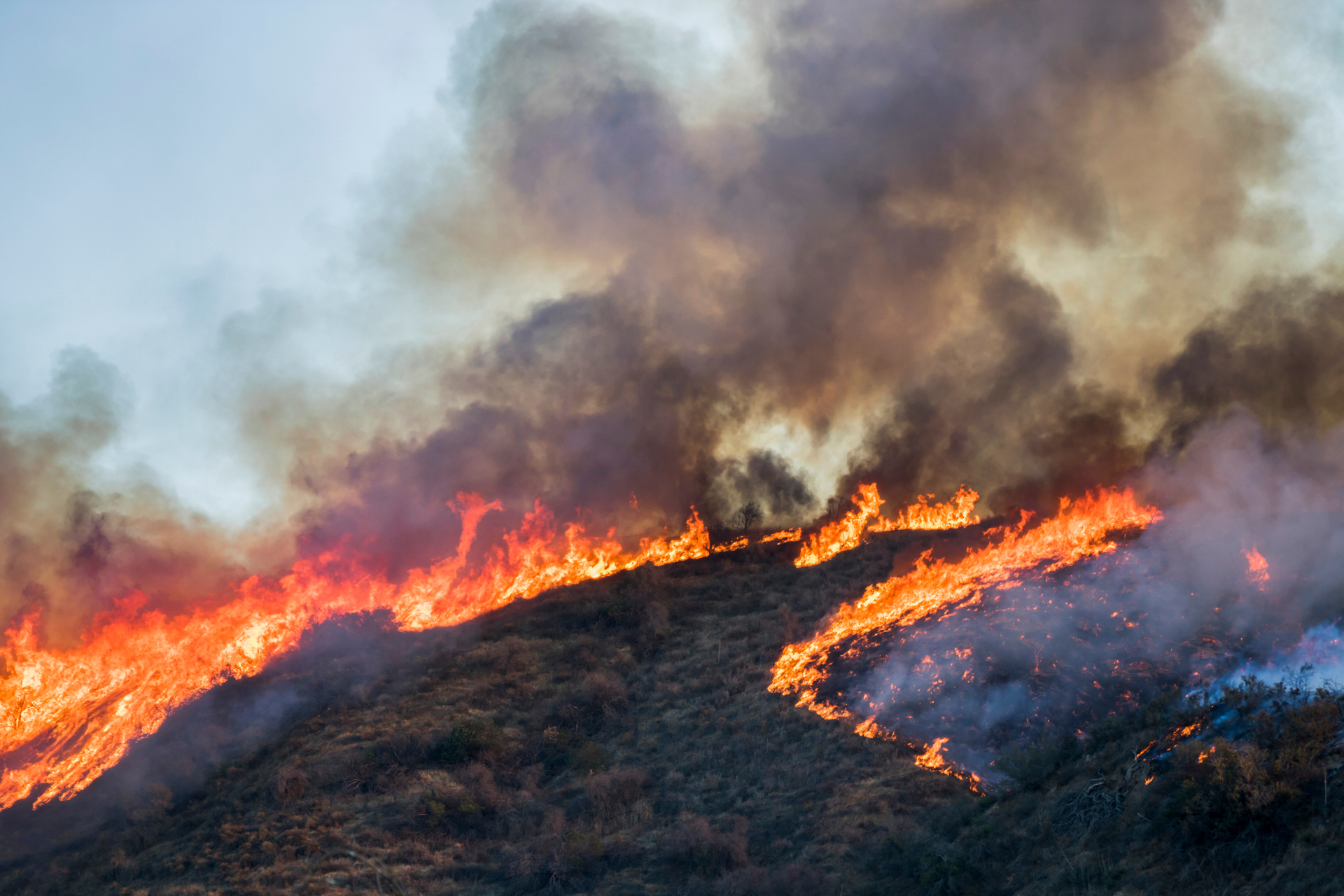
The West on Fire
As Western wildfires continue to grow in number and intensity, fueled largely by the effects of climate change, the need for a new approach to these disasters grows ever more urgent. The West on Fire project’s goal is to place Western wildfire in historical context; to learn from interdisciplinary, Indigenous, and other sets of fire knowledge; and to broaden public awareness of the region’s relationship with fire in the past, present, and future. Accomplishments to date include the launch of the topical podcast Western Edition and work with tribal partners to increase the Sierra Nevada Conservancy’s use of Indigenous wildfire-management methods.
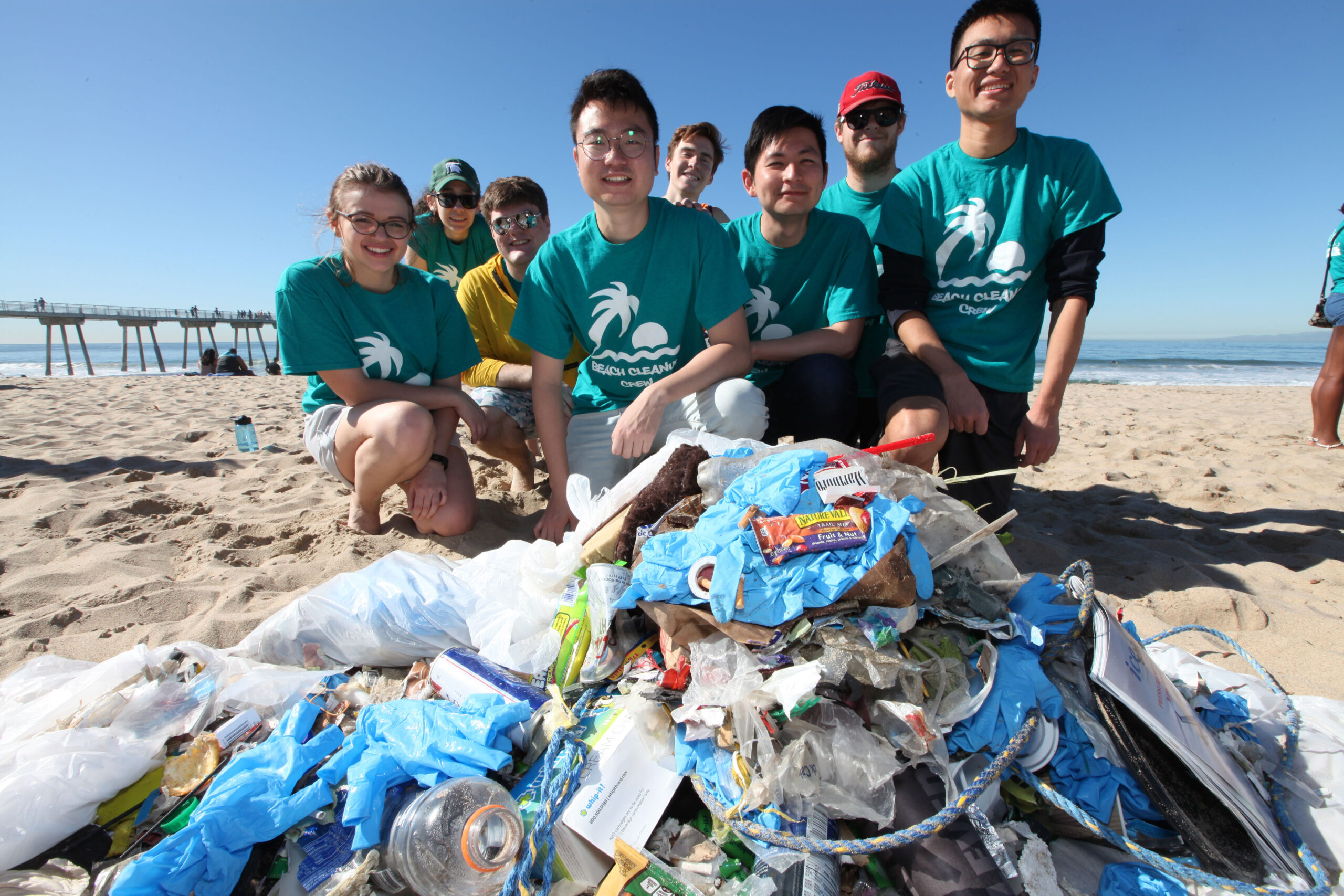
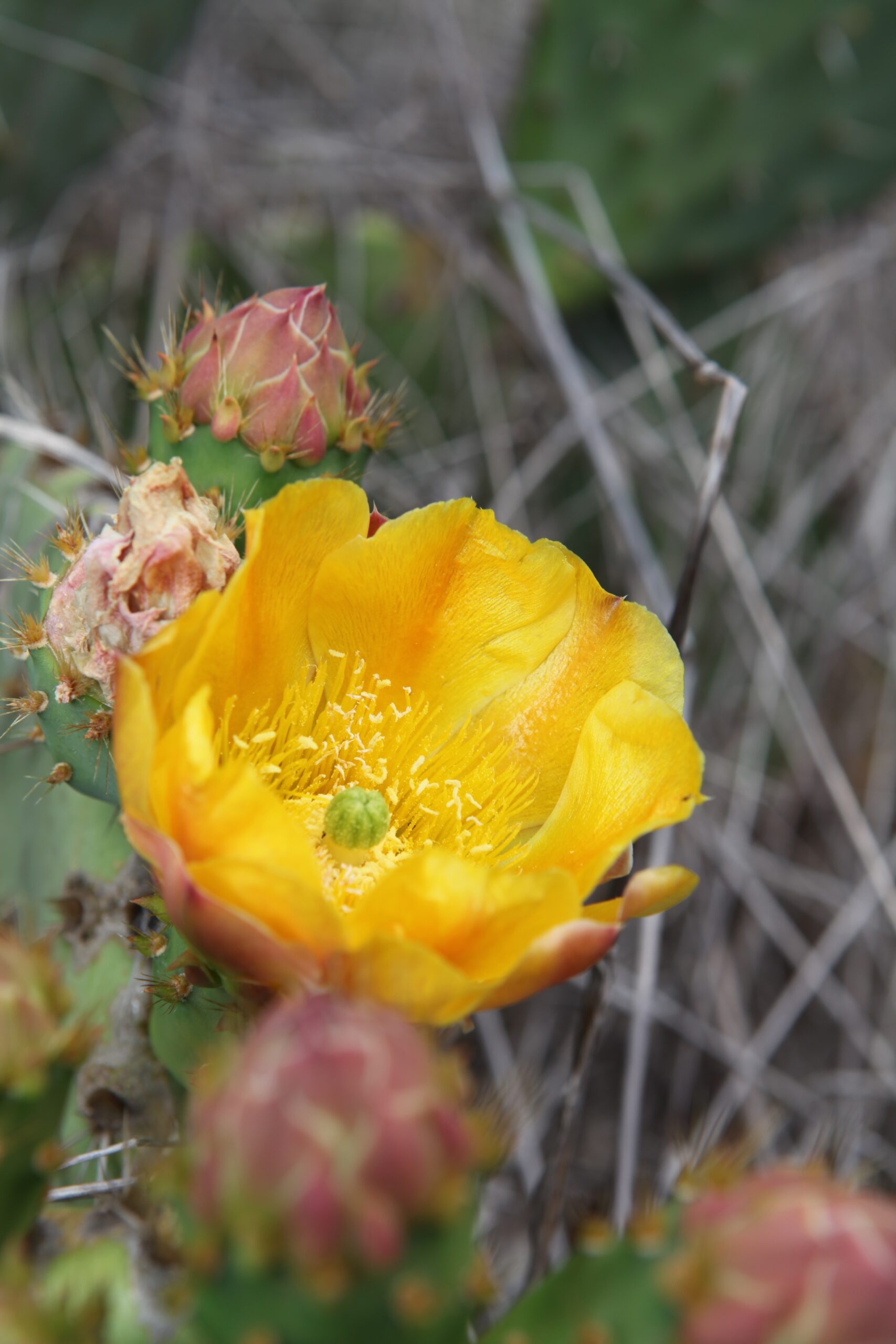
Environmental Decision-Making
With climate change affecting every aspect of our lives, decisions with environmental implications are becoming an increasingly important part of the daily routine for individuals, corporations, governments, and more. This project seeks to understand why and how individuals and other entities make environmental decisions, and to reduce the harmful effects of political bias and disinformation on the environmental decision-making process.
Educating Home Buyers About Flood & Fire Risk
PIs: Matthew E. Kahn, Provost Professor of Economics and Spatial Sciences; Robert Metcalfe, Associate Professor of Economics
As methods for geography-based climate risk measurement improve, researchers are able to construct detailed fire and flood maps that pinpoint risks to specific properties. This project partners with Redfin, a major real estate company, to share property-specific flood and fire risks with home buyers and measure that information’s effect on buyers’ property search behaviors. Overall, the study will help determine whether behavioral nudges can prompt home buyers to incorporate climate risk into their choices.
Public Perceptions of Climate Change Terminology
PIs: Gale Sinatra, Professor of Psychology and Stephen H. Crocker Professor of Education; Wändi Bruine de Bruin, Provost Professor of Public Policy, Psychology and Behavioral Science; Norbert Schwarz, Provost Professor of Pschology and Marketing
Over the last several decades, communicators have used evolving terminology to describe climate change and its effects. However, audiences don’t always understand newly popular terms, and politicization can further affect their responses. This study tracks commonly used climate terminology and examines (1) how members of the American public define the terms, (2) how different terms affect people’s levels of concern about climate change, and (3) how political affiliation affects people’s responses to those terms.
Supporting Revitalization of the Los Angeles River
PI: Alexander Robinson, Associate Professor of Landscape Architecture
By corralling the Los Angeles River into concrete channels, L.A. created protection against devastating floods–but also devastated the river’s ability to refill local aquifers and support wildlife. Now the city is seeking to revitalize the river so it can once again replenish groundwater and be a productive part of local ecosystems. This project will establish an interdisciplinary Los Angeles River Observatory that will gather and disseminate data in support of nature- and community-based revitalization solutions.
